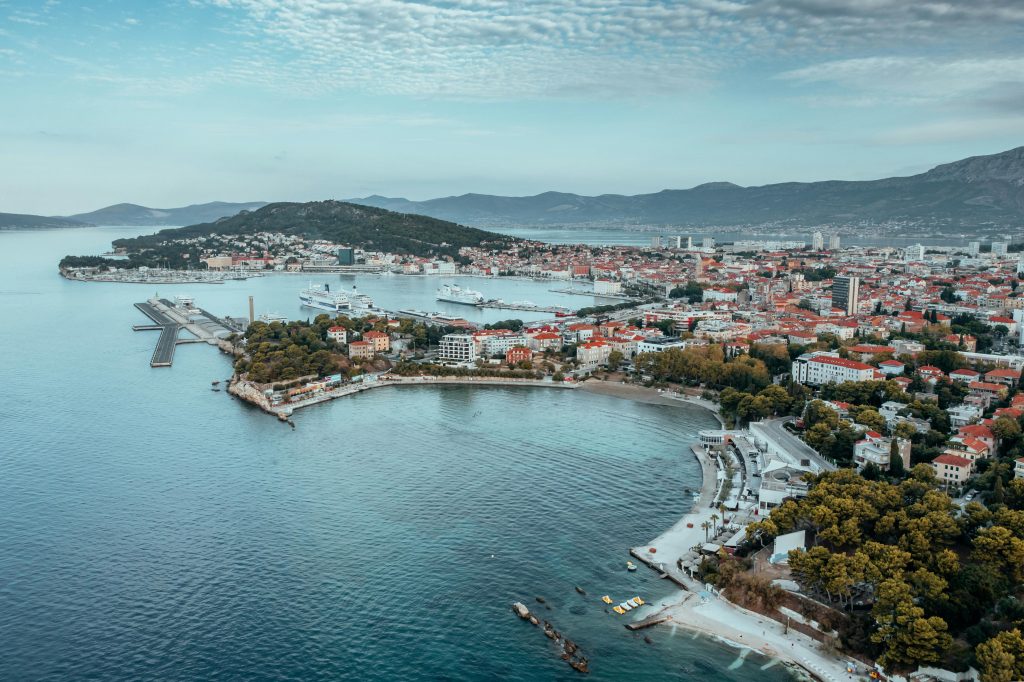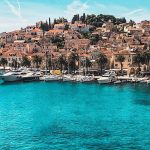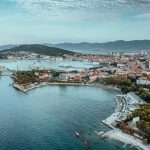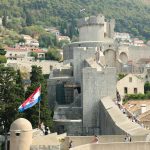December the 1st, 2024 – Expensive, more expensive, Croatia, is the cynical gradation of adjectives firmly attached to the tourist image of a country in danger of ruining its competitiveness.
As Dragana Radusinovic/Poslovni Dnevnik writes, the above is so firmly is it attached, in fact, that the official slogan could be freely expanded to read “Croatia, Full Of Expensive Life”.
Price increases have dogged the entire Croatian tourist offer, from accommodation to restaurants. to all other facilities and services at domestic destinations. That has led to the release of a warning message from London, one of the most expensive European capitals of all.
That message was delivered at the WTM (World Travel and Tourist Meet), an influential tourist fair held back in early November, and it stated that further price increases could totally destroy Croatia’s tourist competitiveness. Greece is but a stone’s throw away. It also has a gorgeous coastline, a clear sea, beautiful islands and gastronomic delights. It’s also now much cheaper than Croatia.
is expensive croatia suffocating its destinations and harming its competitiveness?
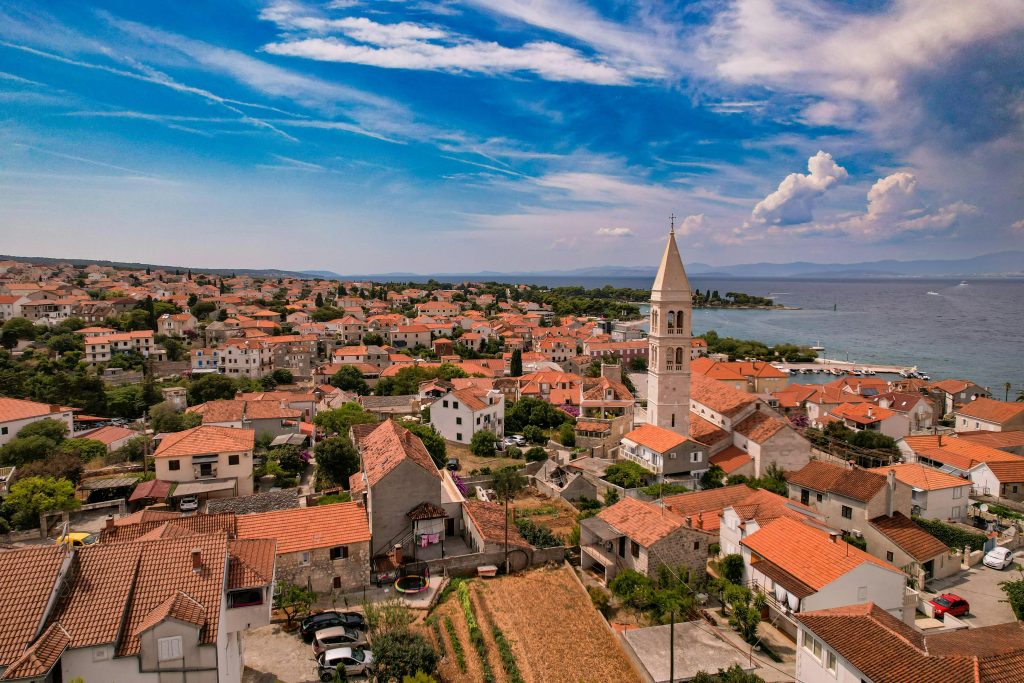
Presented in London as a “true beauty that has managed to preserve its authenticity”, Croatia is fighting in its preparations for the next summer season. It wants to put a halt to the construction of short-term rental apartments, limit the flooding of residential buildings with tourist accommodation units, and extend its season to the spring and autumn months. It wants to do all that in order to reduce the crushing pressure on destinations in the middle of summer. Most of all, it wants to be able to actually justify its own advertising and image of an expensive destination with a price-quality ratio.
With a 20 percent share in GDP, tourism as a labour-intensive, low-value-added activity in which returns on large investments last up to two decades has become a significant source of income for many Croatian families in the last 30 years. This is partly due to favourable tax treatment, partly due to constant growth in demand, and also partly due to the lack of quality conditions for the development and significant maturation of modern industries with higher added value. Burdened by global uncertainty, the ongoing fear of a European recession now heightened by the election of Donald Trump as President of the USA, the tourism industry has never been stronger, according to relevant reports. It seems that expectations are rising, and people want to travel. If expensive Croatia doesn’t shake itself free of its current less than favourable label, however, things could go awry.
Globally, international overnight arrivals will reach a record 1.5 billion, exceeding the figures of pre-pandemic 2019, and global tourism spending will also grow, reaching $5.5 trillion in 2024 – 24 percent more than in 2019. According to Tourism Economics, travel spending as a percentage of consumer spending reached 8.8 percent in 2024, compared to an average of 8.2 percent between 2010 and 2019. International leisure spending is expected to grow at a rate of 9 percent per year until 2030. International travel is also expected to grow at a faster pace, growing by 12 percent annually over the next couple of years, while domestic travel is expected to grow by 3 percent.
travel pockets are more shallow, and travellers are more careful
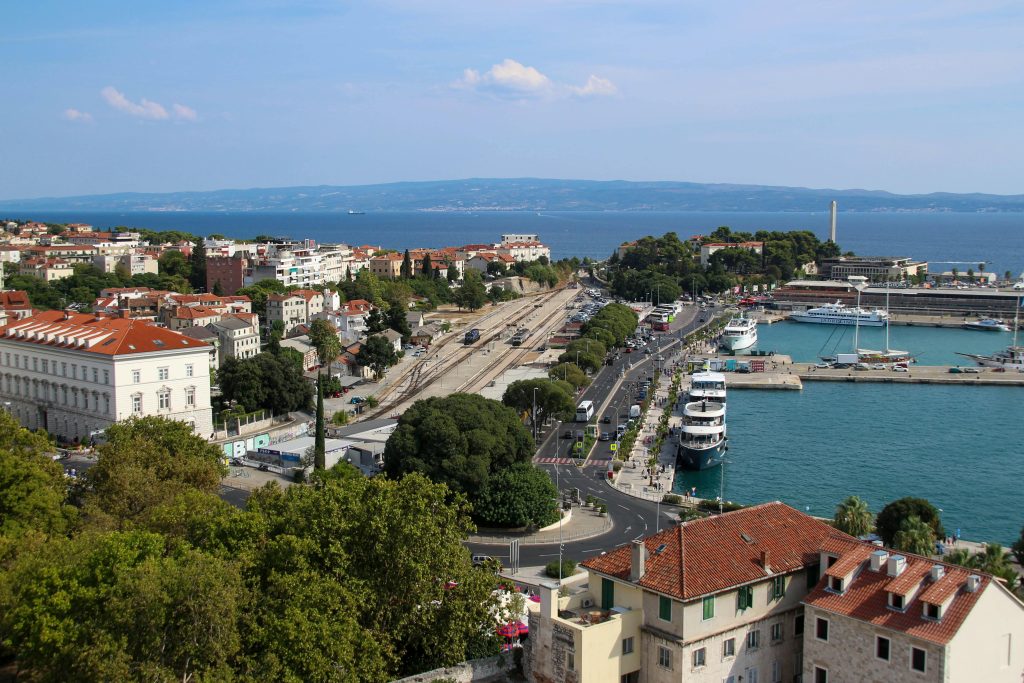
While all of the aforementioned sounds great, travellers have become extremely sensitive about how they spend their money. As many as 83 percent of travel professionals in a recent survey by Tourism Economics believe that price sensitivity will increasingly impact travel retail in 2025 as the pandemic shifts consumer preferences. Since the coronavirus pandemic, travellers have typically been seeking more unique and richer experiences at more affordable prices.
The “expensive Croatia” situation is far from enviable looking forward to the tourist season of 2025, and its competitiveness hangs in the balance. After slowing down, inflation accelerated yet again in October. Although food prices aren’t the main drivers of inflation growth, but are still on the rise again with an annual growth of 5.2 percent in October, and by the start of the next tourist season, energy prices will increase again in January after the October increase. That is thanks to the government withdrawing from strong subsidies for electricity and gas.
Tax payments will also increase for parts of the tourism sector, especially the private sector without hosts that welcome guests. That’s due to the introduction of a property tax and a possible increase in the lump sum tax on tourism activities, depending on the decisions of local political leaders. The main question in the sector is whether there will be any room for price increases or will the opposite happen, will there be a forced decline?
expensive croatia could become even more pricey, and its competitiveness even more shaky
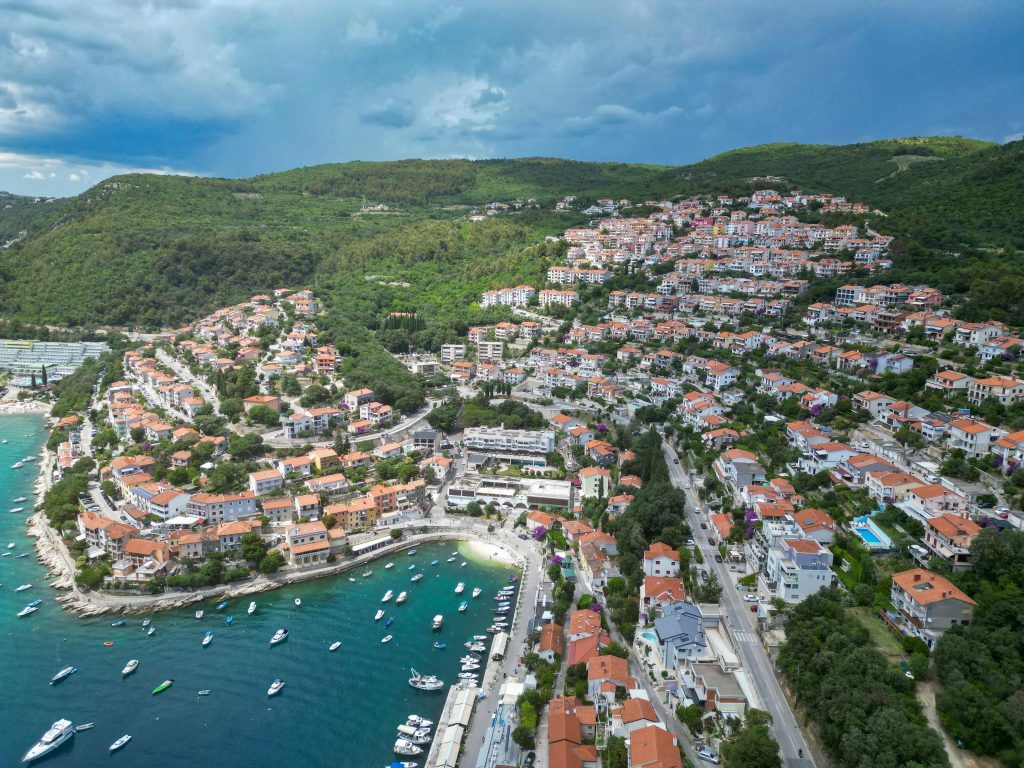
Barbara Marković, president of the Croatian Association of Family Accommodation, which has been struggling in recent months to argue the difference between “homestay” accommodation and ‘regular rental’, says that family renters of tourist units are considering raising prices by 10 percent if their taxes increase.
“Our position as an association is that landlords shouldn’t raise prices because it’s already harmful to us that the media writes that Croatia has become an expensive destination. That said, we can’t dictate prices that are very diverse and range from 50 to 400 euros per night, although we recommend that they not be raised,” said Marković, who believes that Croatia shouldn’t be a destination for mass tourism and that no price is too high, if it is accompanied by appropriate quality. It’s impossible to generalise the assessment of the scope for raising prices.
“A good location of accommodation that allows guests to save on local transport allows for raising prices. One target group of guests will be willing to pay more for accommodation that is within walking distance of the beach, if you’re targeting guests travelling with pets, they’re also willing to pay more. Guests from Scandinavia in particular tend to value sustainability, so if the accommodation unit has ecological certificates and a minimal environmental impact, it can cost more. If you’re raising your price, it would be good if guests could use the bicycles or a jacuzzi in the accommodation,” Marković stated, explaining that investments in the quality and specificity of the offer are absolutely necessary if prices are to be increased.
Possible price pressures
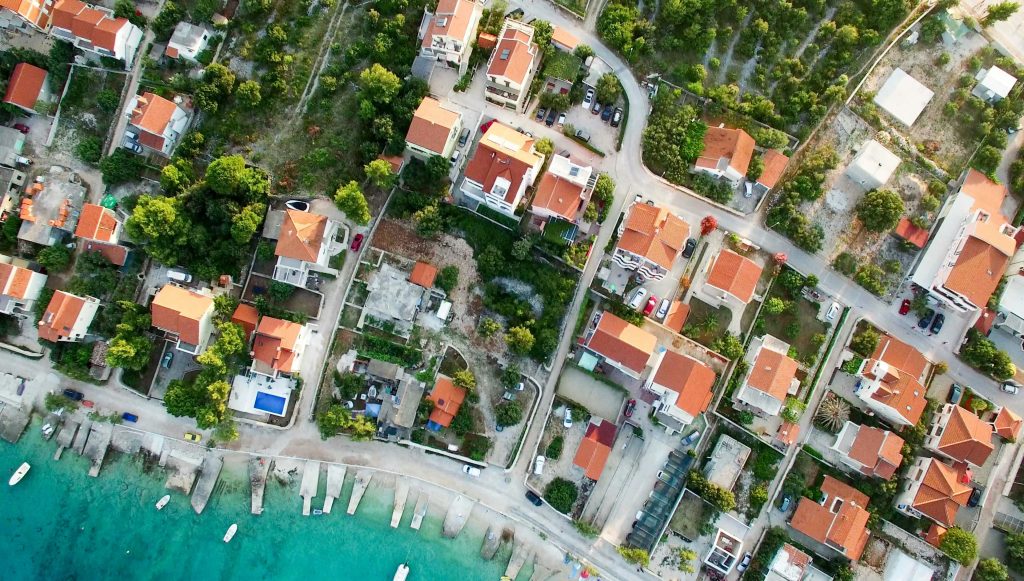
In separating family accommodation and apartments for tourist rental, Marković explained that a new categorisation is needed that would allow the tourism industry, to which families are dedicated as their core business, to be branded as indigenous. When asked how potential price-sensitive guests can get more affordable accommodation, Marković briefly says: “By contacting the family landlord directly without the mediation of platforms, our goal is for guests to come back to us and contact us directly, and then we can give discounts.”
Boris Žgomba, owner of the Uniline agency and president of the Association of Travel Agencies at the Croatian Chamber of Commerce, says that if everything remains as it was and if there is no investment in quality, there is no room for price increases, in fact, there could be pressure on them to fall. The expensive label Croatia has now been attached to could put an end to its competitiveness unless the offer is upped.
“A lot of our guests come to campsites and apartments where they don’t have food. So, if the price of food is a significant cost to retail chains, followed by caterers, many of whom have reached the upper limit in prices, it will affect those staying in such arrangements,” Žgomba stated, listing which segments of the tourism offer in which there is no room for price increases. He assessed that filling accommodation capacities in the next season will be more complicated because of the “expensive Croatia” label.
Reiterating that Croatia should not position itself as a “cheap destination,” Veljko Ostojić, president of the Croatian Tourism Association (HUT), says: “We must make an additional effort to provide adequate value for the money that guests do pay.” Ostojić explained that people should be careful when it comes to the pricing policy due to the complexity of the value chain in tourism.
“Each restaurant or hotel has the right and should define the prices of the services it provides, but they’re all part of the value chain of a particular destination in the narrower and broader sense. That means that the consequences of wrong business decisions will result in the whole destination suffering. That destination can then easily be declared too expensive in relation to price and quality,” said Ostojić. First of all, Ostojić then referred to the restaurant owners whom he believes have reached the upper limit of acceptability with their prices. “This could pose a serious problem in the future,” concluded Ostojić.

